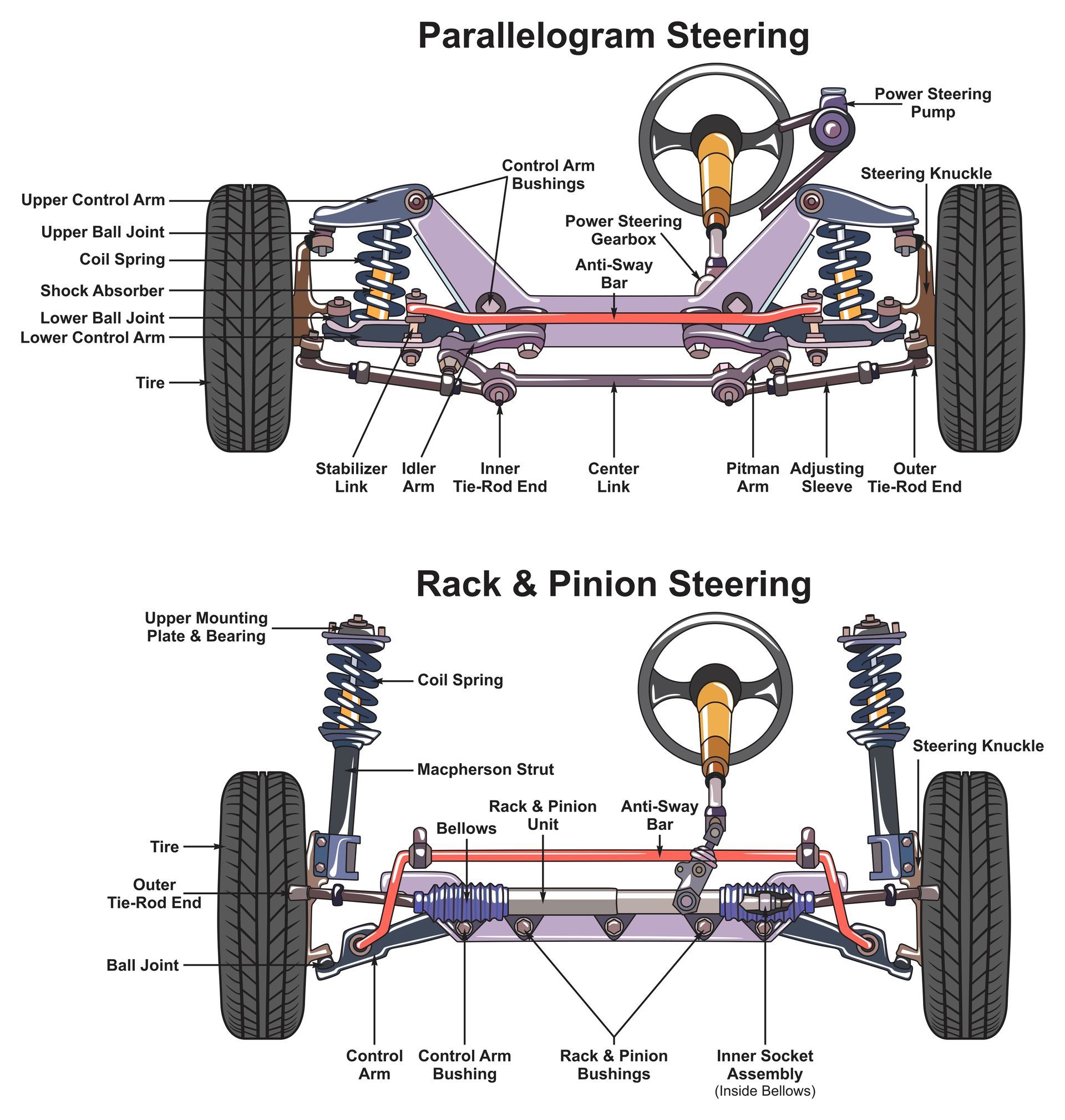Engine oil is a crucial component that helps keep a car's engine running smoothly. It plays a vital role in ensuring that the car's internal ecosystem functions properly. Neglecting engine oil can lead to serious issues, so it's important to be aware of the signs that indicate it's time for a change.
1. Black and Gritty Texture
Remember the golden, translucent liquid that was once poured into your engine? If it now resembles a dark, gritty sludge, it’s a clear SOS signal. Over time, oil collects debris and breaks down, losing its efficiency. When it reaches this state, it’s more of a contaminant than a lubricant. So, check your oil: if it’s dark and dirty, it’s time for a change.
2. Engine Noise and Knocking
Your engine should purr, not grumble. Increased engine noise or a knocking sound is a sign that the oil is not lubricating the parts effectively. Old, thin oil allows engine components to rub against each other, a conversation no car enthusiast wants to overhear. If your car's engine starts to sound like a coffee grinder, it’s time to take notice.
3. Exhaust Smoke
A little vapor from your car’s exhaust on a cold day is normal, but smoke is a cause for concern. If your exhaust starts looking like a chimney, it might indicate that your engine oil is too old and is burning inside the engine. This smoky signal is your cue to check and probably change that oil.
4. The Illuminated Oil Change Light
Modern cars are equipped with sensors that are smart enough to warn you. If your oil change light illuminates, don’t ignore it. This light is calibrated to light up based on the manufacturer's recommended oil change intervals or when there’s a drop in oil pressure. It's like a gentle tap on the shoulder, reminding you to check your oil.
5. Low Oil Level
The good old dipstick – a simple yet effective tool. Regularly checking your oil level with the dipstick is crucial. If you find that your oil level is consistently low, it’s a sign that your oil either needs a top-up or a complete change. Remember, low oil levels can lead to increased engine wear and tear.
6. Tailpipe Emission Changes
Pay close attention to what comes out of your car’s tailpipe. Apart from smoke, a significant increase in exhaust emissions or a noticeable oil smell in the exhaust smoke is a red flag. This could indicate oil leaking into the combustion chamber. Such leaks not only reduce the effectiveness of your oil but also harm your engine and the environment.
7. Changes in Oil Viscosity
Maintaining the right viscosity, or the resistance to flow, of oil is crucial for protecting an engine. With time, oil can become too thick or too thin, losing its optimal viscosity. If oil is too thick, it won't flow smoothly, and if it's too thin, it won't provide sufficient lubrication. If you notice changes in your engine's performance, such as difficulty starting in cold weather or a decrease in fuel efficiency, it could be a sign of viscosity breakdown.
Have you spotted any of the signs? Call us at
Kwik Kar Auto Repair, and we will take care of the change and any other needed procedures!










